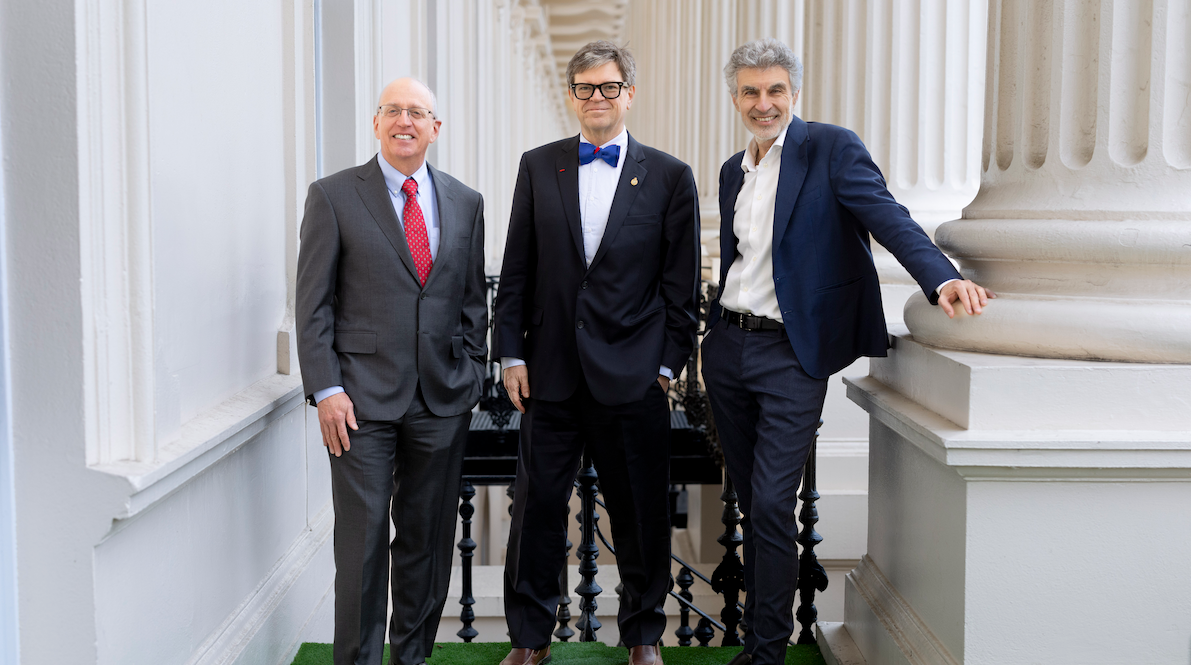Seven AI pioneers on Tuesday took home the 2025 Queen Elizabeth Prize for Engineering, a top award for groundbreaking innovations in science and engineering. Yoshua Bengio, Geoffrey Hinton, John Hopfield, Yann LeCun, Jensen Huang, Bill Dally, and Fei-Fei Li share this year’s prize for their contributions to the field of machine learning.
Bengio (Mila Quebec AI Institute), Hinton (Vector Institute), Hopfield (Princeton), and LeCun (NYU and Meta) won for their work on artificial neural networks, which help computers learn by mimicking the way the human brain works. These scholars have been awarded before. Hopfield and Hinton shared the 2024 Nobel Prize in Physics for this achievement; meanwhile, Bengio, Hinton, and LeCun shared the 2018 Turing Award.
Huang and Dally of Nvidia won for their graphics processing units, the computer chip architecture that enables machine learning models and applications. Li, a professor at Stanford, won for the database ImageNet that helped train computer vision models.
“This year’s winning innovation is a groundbreaking advancement that impacts everyone, yet the full extent of its underlying engineering remains largely unrecognized, making it an especially exciting choice,” said Dame Lynn Gladden, who chaired the judging panel for the award.